Chemical Peels
At You-nique Aesthetics and Wellness, we offer chemical peels that can perfect the complexions of patients with good skin, problematic skin, and everything in between. This treatment is completely customizable and can address and improve some of the most common skin concerns, including aging, hyperpigmentation, large pores, poor-quality skin texture and tone, and more.
Chemical Peels
Chemical peels are exfoliating treatments that use a combination of acids to dissolve the top layer or layers of skin. They do so using a variety of skin-perfecting acids and, depending on the strength of the peel, can remove one or more layers of skin. The goal of a chemical peel is to remove dead skin cells that prevent you from experiencing a healthy glow. They also force the body to respond to chemical exfoliation with a healing response. As the body heals the skin, you’ll experience increased collagen and elastin production and an accelerated cellular renewal rate. By dissolving dead skin cells, chemical peels force the body to respond by also replacing dead, damaged cells with new, healthy ones.
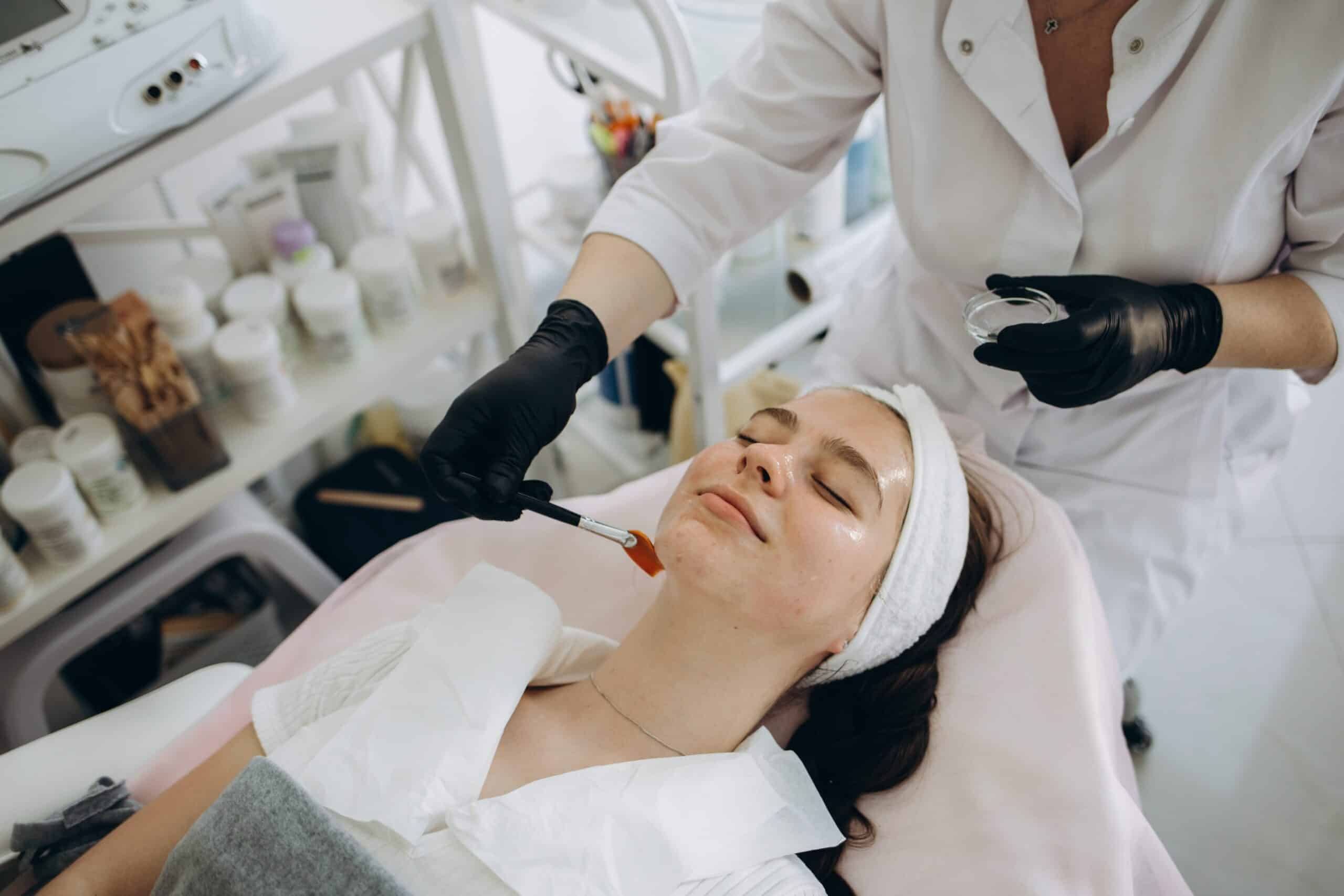
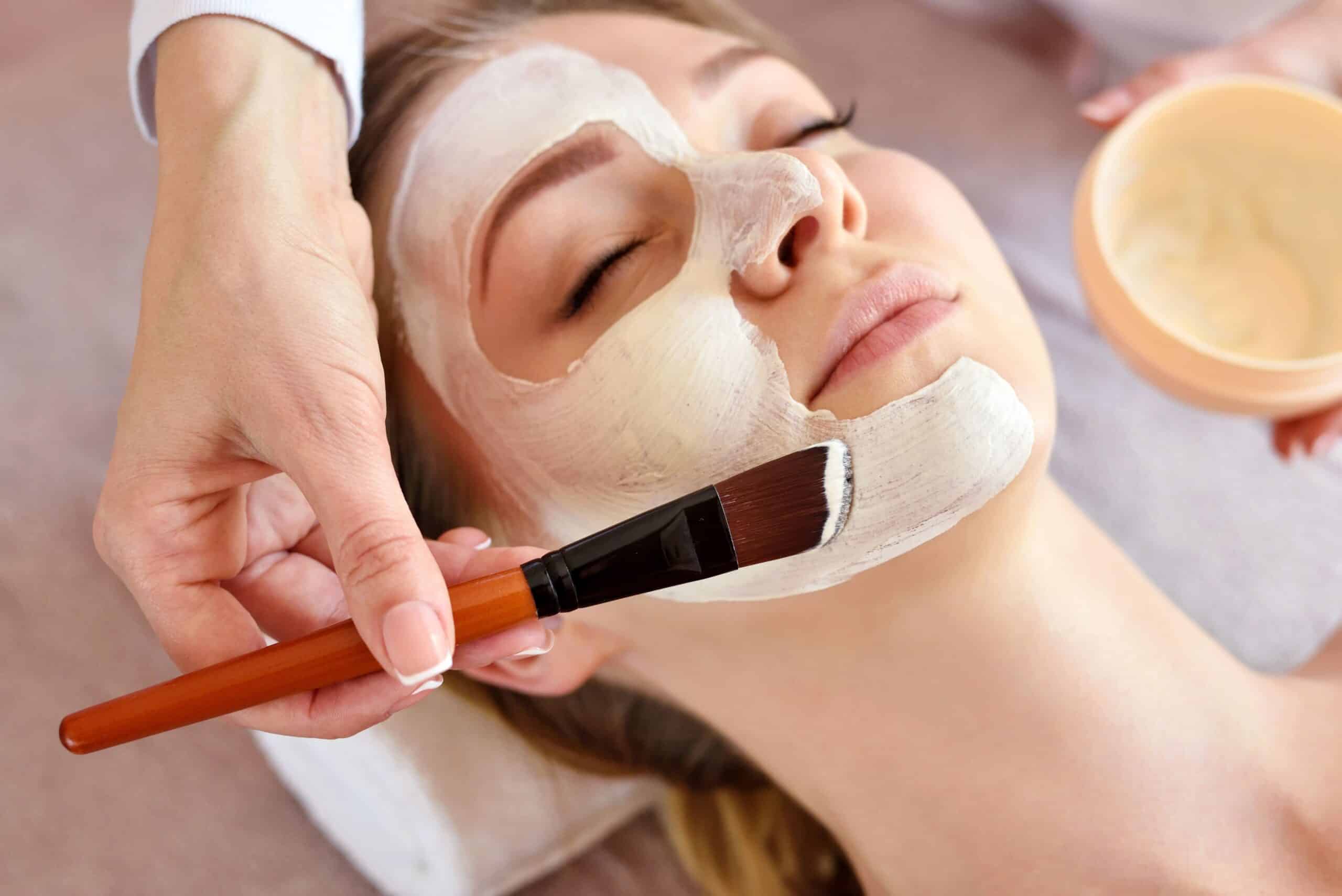
Light Peels
Light peels are superficial peels that are perfect for even those with good skin who want a skin-rejuvenating treatment, those who have never experienced a peel before, and those who want to exfoliate their skin but don’t have time for downtime. Light peels can address some surface skin concerns, including fine lines, dry skin, acne, uneven skin texture, and poor-quality skin tone. Light peels are good options for those who want to schedule a monthly or bi-monthly peel to perfect their skin and maintain adequate exfoliation. There’s typically little to no downtime associated with a light chemical peel. Most patients can resume their normal daily activities as soon as it’s over.
Medium Peels
Medium peels use a stronger combination of acids than light peels to remove skin cells from the top and middle layers of the skin. Medium peels are a good option for those who have experienced light peels before and want to undergo a more advanced chemical peel or those with more pressing skin concerns that require a stronger combination of acids to treat. Medium peels are an effective option for those with more obvious wrinkles, visible acne scars, textural irregularities, and hyperpigmentation. These peels typically don’t require significant downtime but may cause the skin to peel post-treatment. Medium peels are typically scheduled less frequently than medium peels: every four to six weeks.
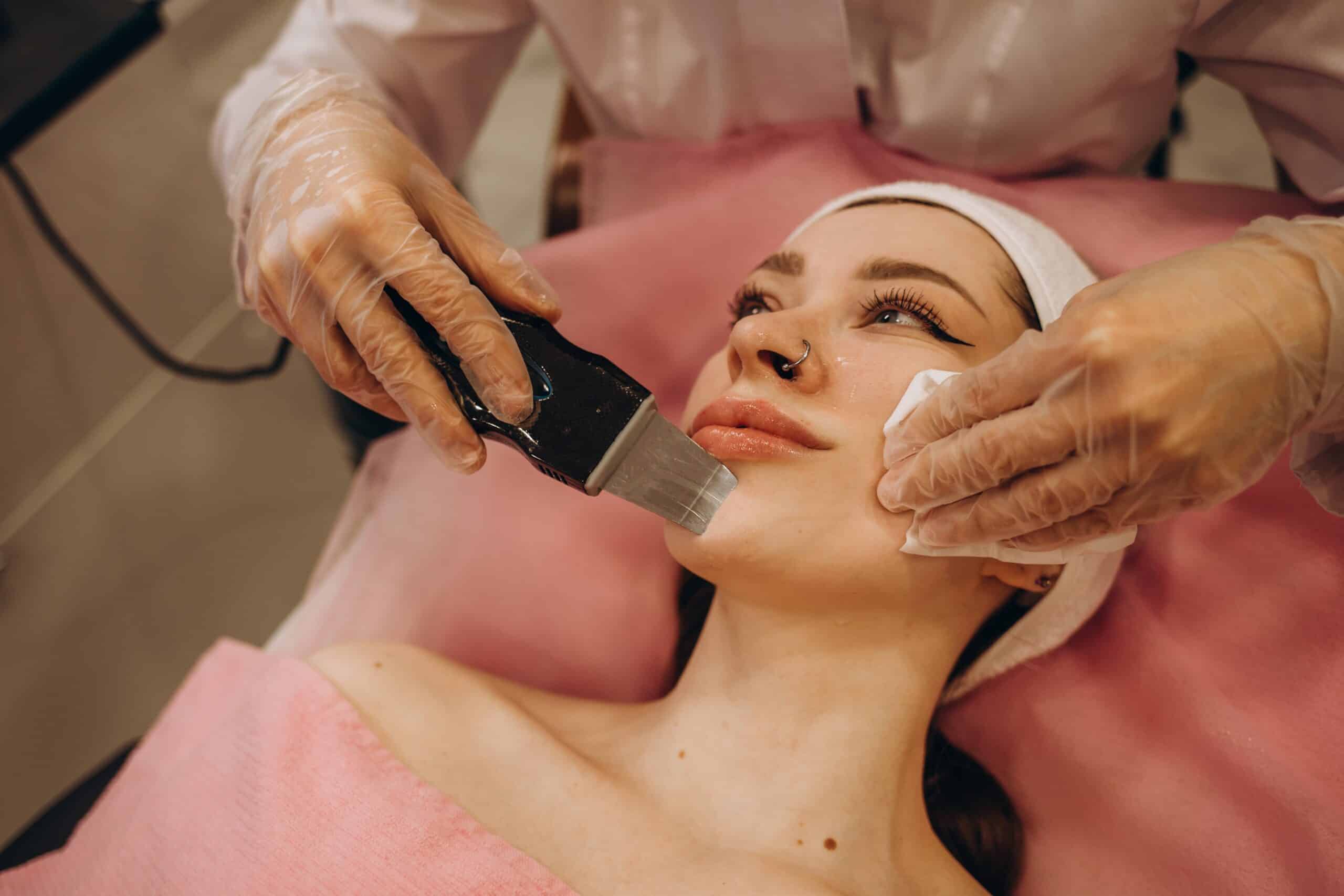
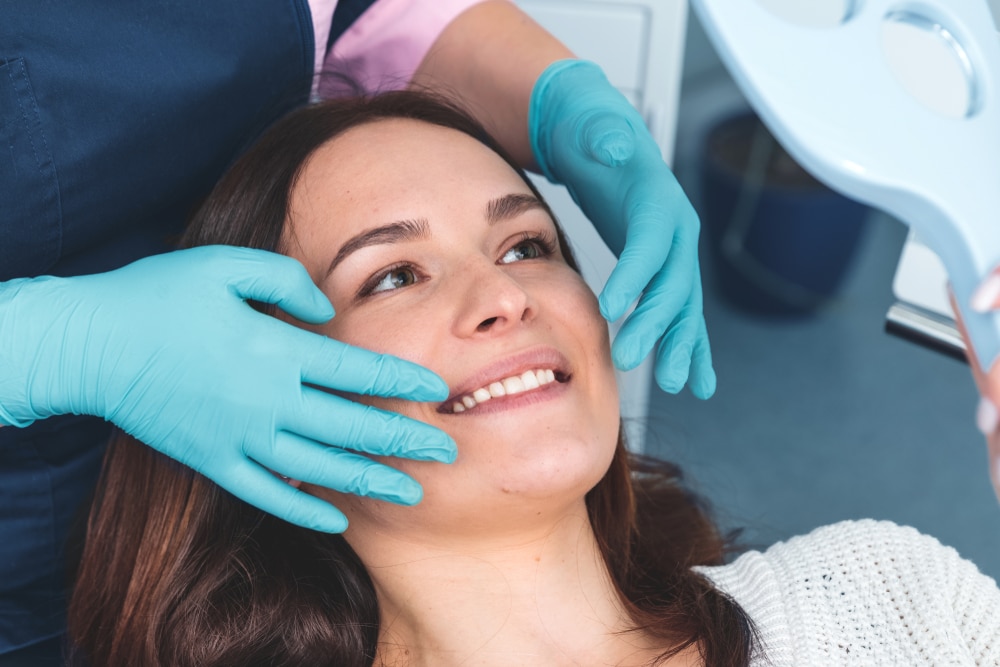
Deep Peels
Deep peels are the most advanced chemical peels, and they’re designed to address the most problematic skin concerns with the highest concentrations of acids. The chemical solution in these peels removes several layers of skin and all of the accompanying damaged skin cells, forcing the body to replace those cells with healthy or younger cells. These peels can address advanced aging, like deep-set lines and wrinkles, extreme hyperpigmentation, and visible surface scarring. Patients interested in deep peels must undergo a thorough pre-treatment consultation to confirm treatment eligibility. These peels do require some downtime and are typically only scheduled once a year or less frequently.
The Treatment Process
Determining Which Chemical Peel Is Right for You
We offer different types of chemical peels and customize each treatment according to the needs of our patients. For that reason, an initial consultation is so important because it allows us to evaluate your skin type and concerns in person and make treatment recommendations to ensure you will get the most out of your peel. Even if you begin a treatment plan with light peels, we can adjust your plan and add a medium peel to target your primary concerns as needed.

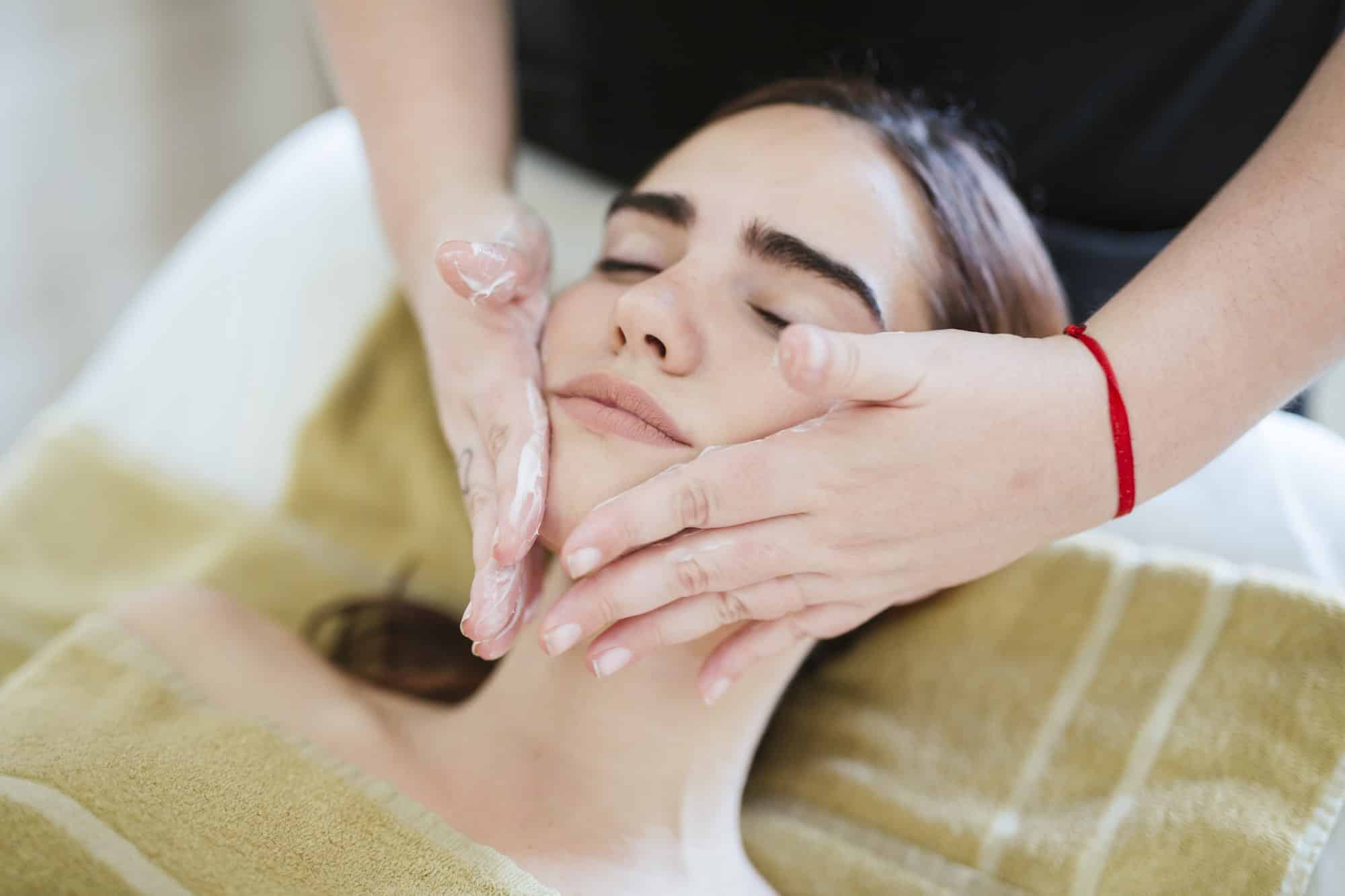
Preparing for Your Treatment
Once you undergo an initial consultation, we will create your unique treatment plan and provide you with some ways to prepare your skin for the treatment process. We typically advise that patients avoid both chemical and physical exfoliation the week preceding their appointment. Exfoliating before a chemical peel can make the skin more sensitive and causing an adverse reaction. You should also avoid sun exposure, especially sunburn, and ensure your skin is fully hydrated by drinking plenty of water.
Your Treatment
The chemical peel treatment process is relatively quick and simple. We will apply the right peel to your skin, leave it on for the designated amount of time, and then remove it. We can also combine chemical peels with facials and other anti-aging treatments based on your needs and treatment plan.
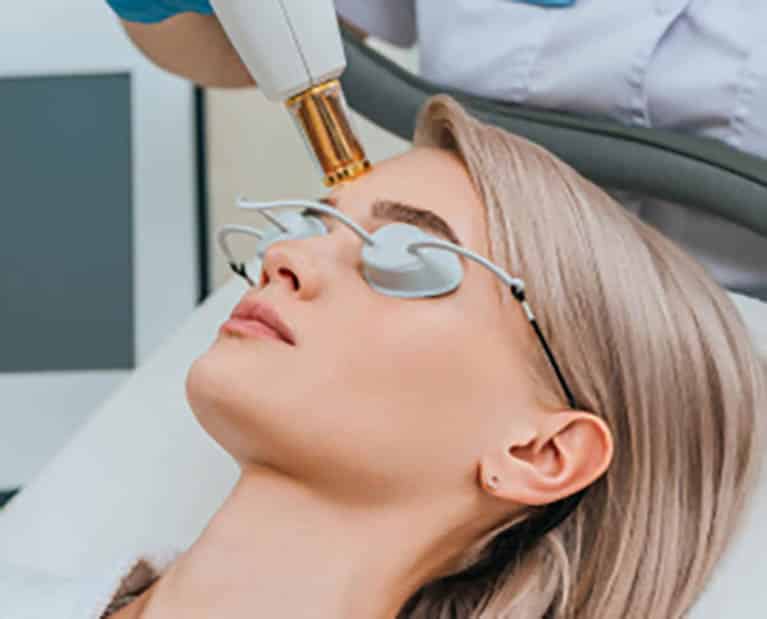
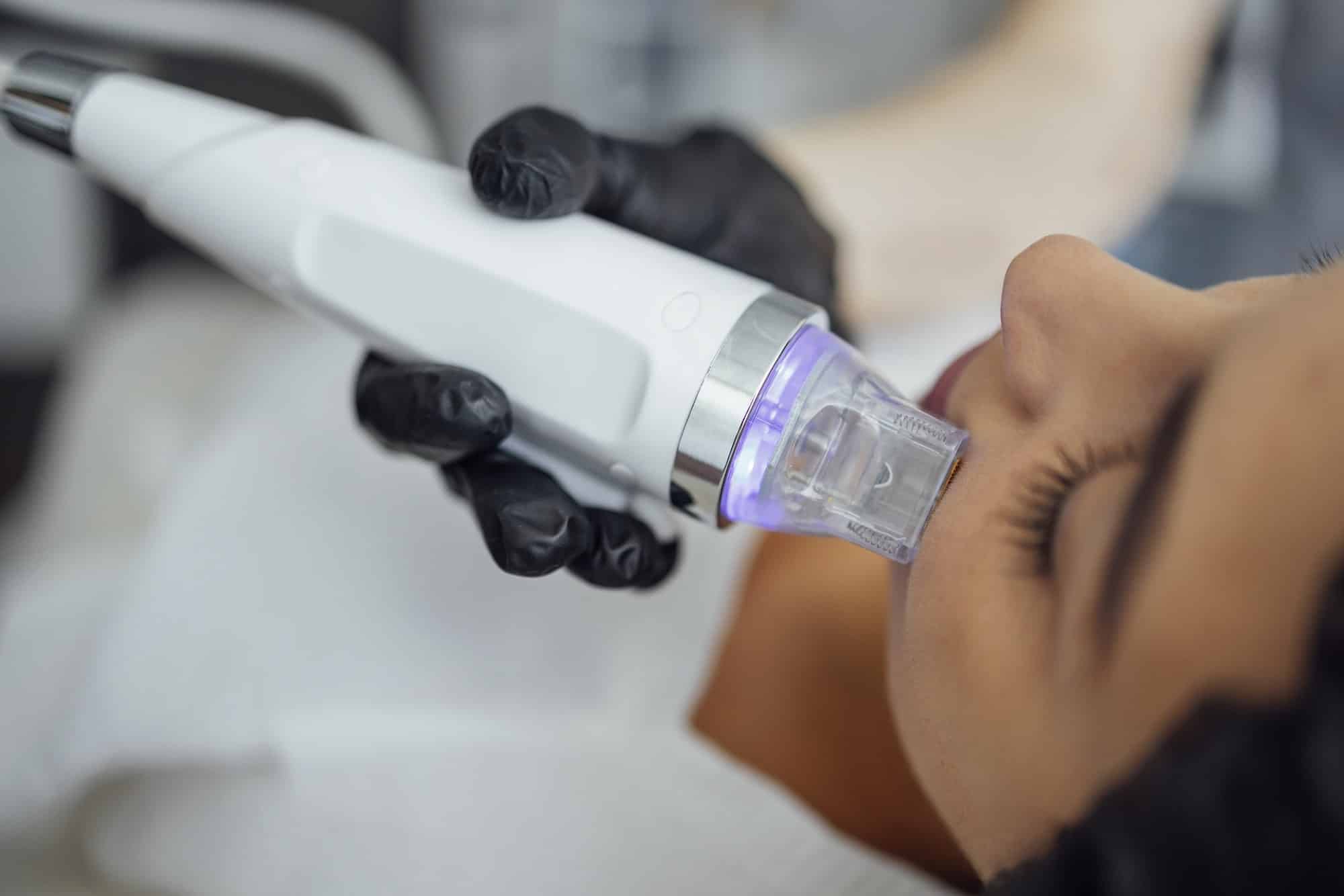
Post-Treatment Care
In general, all patients who undergo a chemical peel must avoid sun exposure and use sunscreen following their treatment to avoid damaging the new layer of skin revealed by the chemical exfoliation process. Additionally, you’ll need to avoid using makeup for several hours after your treatment and avoid harsh anti-aging products like retinoids and products with acids to give your time skin time to heal. Depending on the strength of the peel you experience, you may notice some post-treatment peeling. It’s important that you let this occur naturally and avoid picking at your skin. We can make product recommendations to help keep your skin hydrated and avoid flaking.
Achieve and Maintain a Healthy Glow With a Custom Chemical Peel
Adding a chemical peel to your skincare routine will improve your skin and help you finally address some of those concerns that haven’t improved with your morning and evening skincare routine. We can help develop a treatment plan using the right chemical peel to help you achieve and maintain a healthy and youthful-looking complexion.

Be Radiant. The Time is Now.